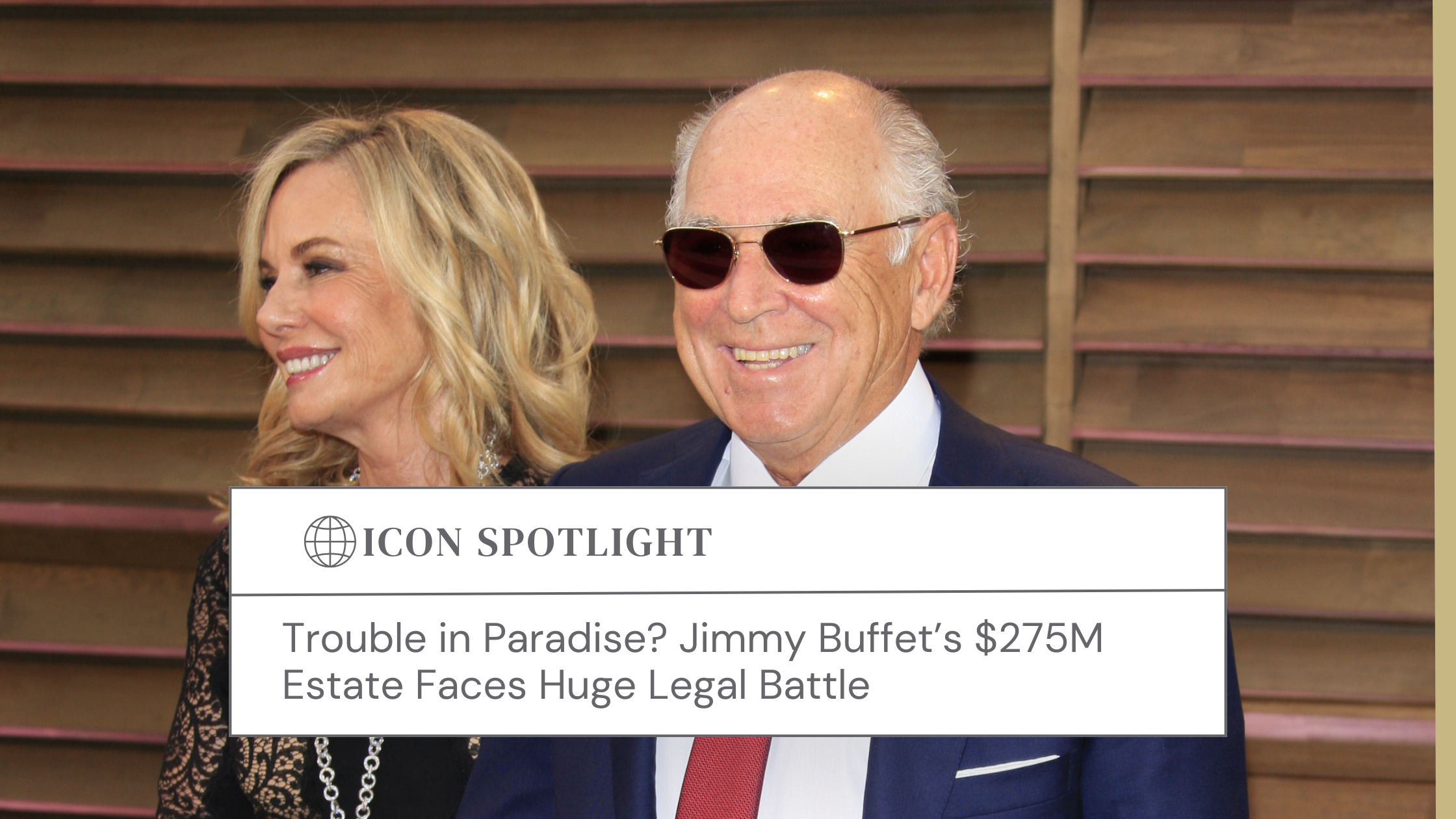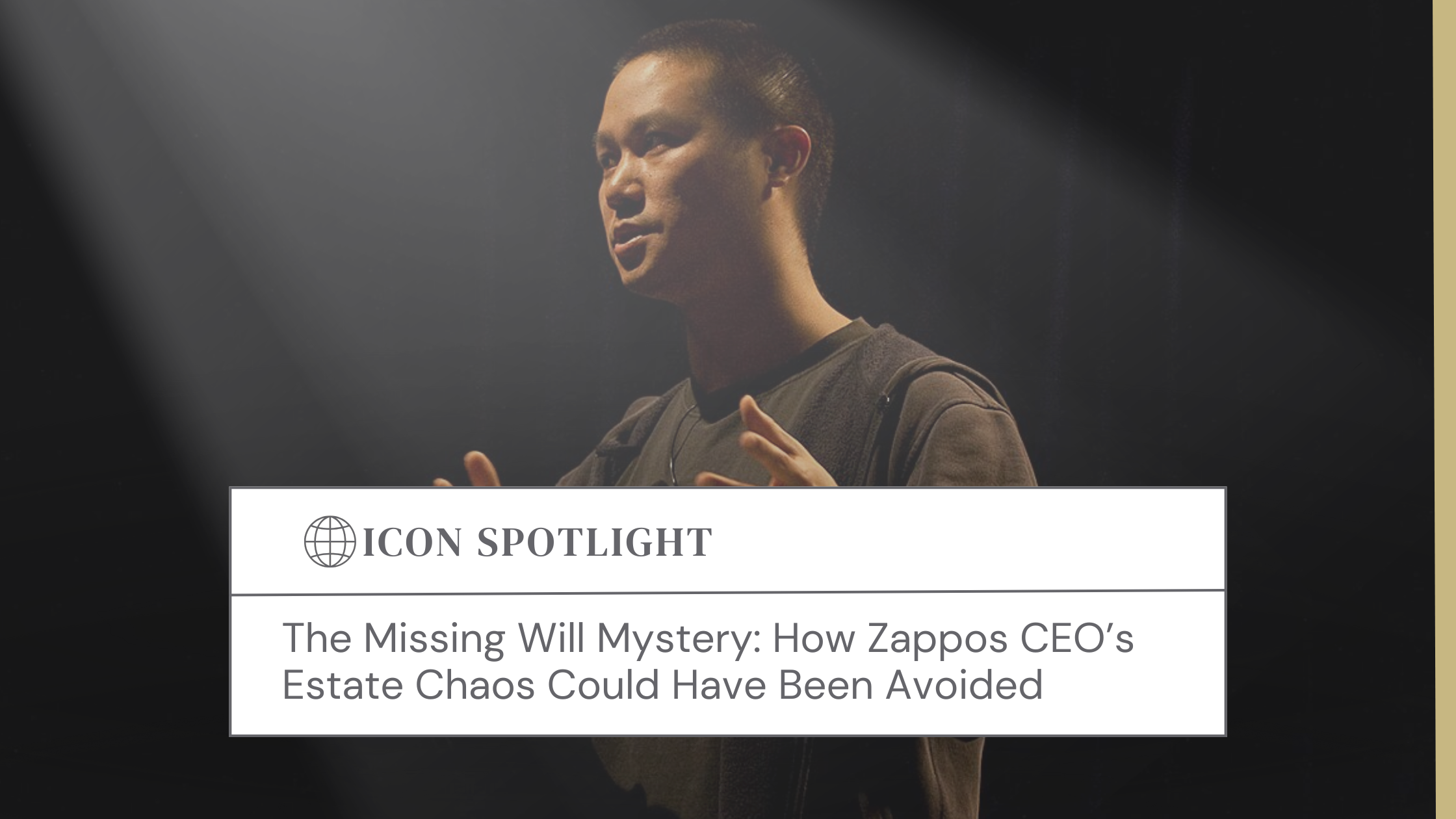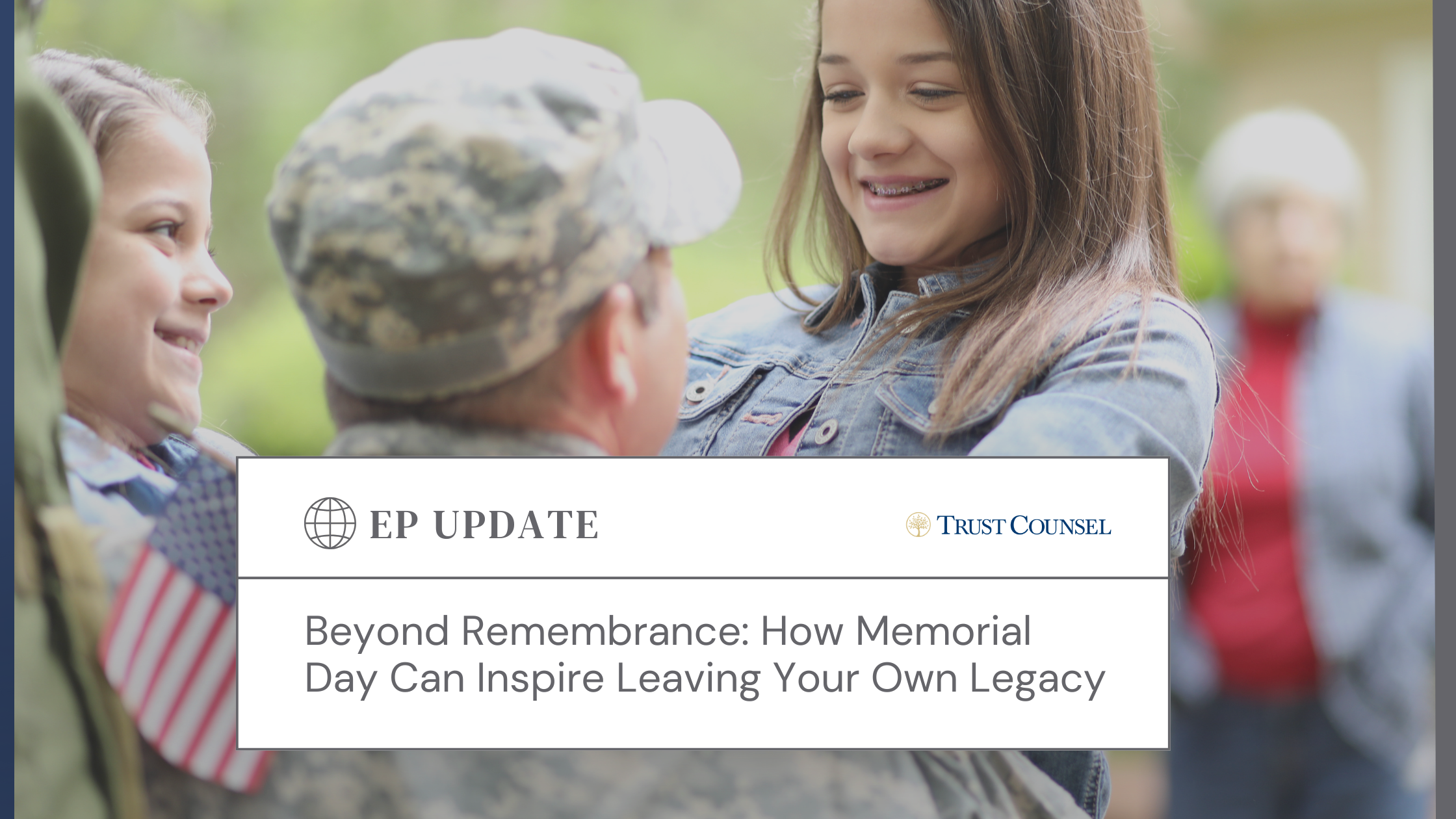On October 18, 1990, television viewers across the country were introduced to bad boy Dylan McKay on the third episode of Fox’s “Beverly Hills 90210.” The role catapulted then-25-year-old Luke Perry to fame among teens and twenty-somethings alike. And nearly three decades later, Perry re-captured the hearts of his Gen X fans—along with those of Millennials and Gen Zers—in his role as Fred Andrews on The CW’s “Riverdale.” But a long life was not written in the stars for him. At only 52, Perry passed away from complications due to a massive stroke. Though his untimely passing remains a shock to us all, his foresight in having done proper estate planning may be the silver lining in this tragedy.
Perry, born Coy Luther Perry III, left behind what seems to be a sufficient level of estate planning, which itself is a gift to his family considering the circumstances of his death. Aside from having been a healthy man just one week prior to his death and his young age—a factor that many contribute to failing to plan—Perry left behind a blended family. For estate planning practitioners, blended families are a significant deal, as they present unique issues that, if not properly planned for, can result in unintended consequences and costly messes. His marriage to Rachel Minnie Sharp, though having ended in divorce in 2003, resulted in the birth of his two children: Jack, 21, and Sophie, 18. Perry was also engaged to be married to Wendy Madison Bauer, a family therapist with whom he spent the past decade. All of them were with him when he passed away on March 4th after the family made the decision to remove life support.
And yet it was a cancer scare in 2015 that prompted the actor to get his affairs in order should tragedy befall him. Thankfully, that foresight gifted his family the avoidance of court intervention and the added emotional toll associated with it. There was no need to get an order from the probate court to terminate life support. And if he created a properly funded trust (which is likely the case, as opposed to a simple Will), there will be no need for the court to administer his estate; his assets should pass equally to his beneficiaries—most likely Jack and Sophie.
But what about his fiancé, Wendy Madison Bauer?
Unfortunately, engagement has no legal basis for inheritance. Had the two been married and Perry’s documents not been updated, Bauer may have been treated as a pretermitted spouse. The pretermission doctrine gives unintentionally omitted heirs the right to inherit, absent an agreement or wording specifying otherwise. In California, where Perry died, the pretermitted spouse is entitled to one-third of the estate if the decedent had two or more children. (In Florida, the pretermitted spouse is entitled to half!)
![]()
Of course, however, Bauer’s inability to claim inheritance rights presupposes that she was not already provided for as a beneficiary of his trust—or a beneficiary of a joint account or life insurance policy. We will never know, as all of these things, including the trust, are administered privately and never become a matter of public record.
But beyond having provided for his heirs, the most significant detail of Perry’s situation is the likelihood that he prepared an advance directive, which in turn simplified the process for his family to terminate life support. Instead of his family having to come to a common agreement and make that heart-wrenching decision for him, he made it for them, avoiding any disagreement among them.
An advance directive is a legal document that spells out your decisions regarding your end-of-life care should you no longer be able to make those decisions yourself due to illness or incapacity. Though legal in nature, this document has an emotional component to it. An advance directive not only removes the emotional burden your loved ones would face in having to make such difficult decisions during a time that is already distressful, but also avoids family disagreement. Us Floridians know all too well the depths of disagreements loved ones face when there is no advance directive thanks to the case of Terri Schiavo.
And so, while we may have suddenly lost a star and his family a loved one, the silver lining in his passing, though it be small, was the fact that Perry protected his family—both asset-wise and emotionally. His death is a blunt reminder of the importance of proper planning, but also a lesson in the significance of advance directives.





